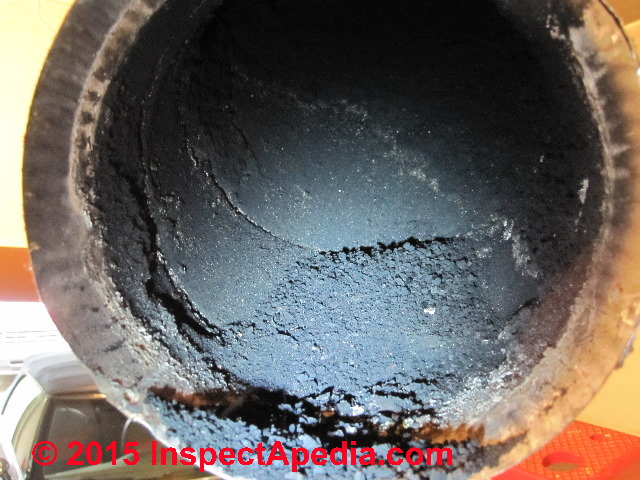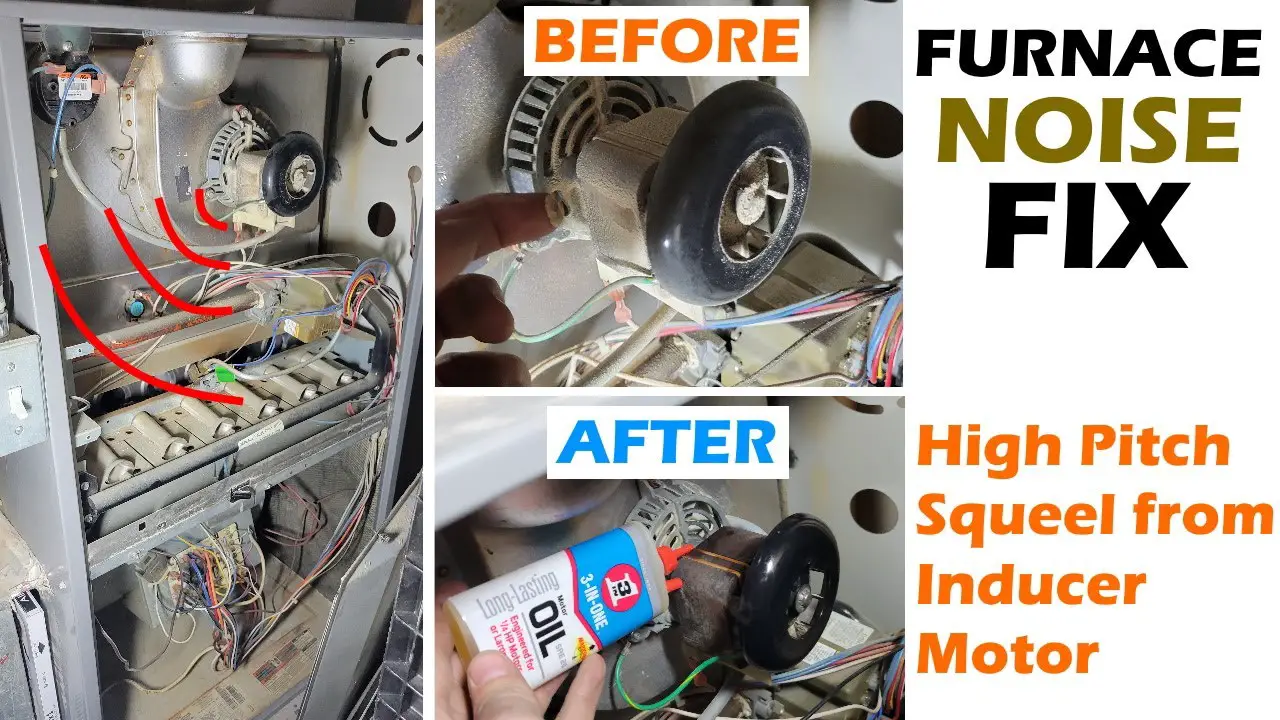The high-pitched noise coming from your oil heater can be annoying, but it’s also a sign that something is wrong with the heater. The most likely culprit is a build-up of dirt and debris on the heating elements. Over time, this can cause the elements to overheat and make a high-pitched noise.
If you don’t clean the elements regularly, they can eventually burn out, which will require a replacement.
If your oil heater is making a high-pitched noise, it could be due to a number of different issues. The most common cause of this noise is a build-up of sediment in the bottom of the tank. When this sediment is heated, it can cause the metal to expand and contract, which can create a high-pitched noise.
Another possible cause of the noise is a problem with the burner itself. If the burner is dirty or damaged, it can create a high-pitched noise as well. If you’re not sure what is causing the noise, it’s best to call a professional to take a look at your heater.
beckett oil burner making whining noise
Why is my oil furnace making a high-pitched noise?
If your furnace is making a high-pitched noise, it could be due to a variety of reasons. The first thing you should do is check the oil level in the furnace. If the oil level is low, it could be causing the furnace to run dry and overheat.
Another possibility is that the furnace’s blower motor is going bad. This can cause a high-pitched squealing noise. If the motor is going bad, it will need to be replaced.
Finally, it’s possible that the noise is coming from the furnace’s burner. If the burner is dirty or clogged, it can make a high-pitched noise. Cleaning or replacing the burner will usually fix the problem.
Is it normal for a oil heater to make noise?
Oil heaters are known to be quite noisy. The oil heater makes a humming or gurgling noise as it heats the oil. This is perfectly normal and is not cause for concern.
The noise is simply the sound of the oil being heated and is not indicative of any problems with the heater.
Can an oil heater explode?
Oil heaters are safe to use when they are properly maintained. However, if an oil heater is not properly maintained, it can explode. An oil heater explosion can cause serious injury or death.
Oil heaters use oil as a fuel source. The oil is stored in a tank and heated to create warmth. The oil is then circulated through a system of pipes and into the room.
Oil heaters are safe when they are properly maintained. The oil must be changed regularly and the heater must be cleaned. If an oil heater is not properly maintained, it can explode.
An oil heater explosion can be caused by a number of things. The most common cause is a build-up of oil in the tank. When the oil heats up, it expands and can cause the tank to burst.
Another cause of an oil heater explosion is a build-up of carbon monoxide. Carbon monoxide is a by-product of the combustion process.
See also: New Hot Water Heater Discolored Water
Why is my heater making a squealing noise?
If your heater is making a squealing noise, it could be due to a variety of issues. The most common cause of this type of noise is a build-up of dust and debris on the blower wheel or motor. Over time, this build-up can cause the wheel or motor to become unbalanced, which can create a squealing noise.
Another possible cause of a squealing noise from your heater is a problem with the belts that connect the motor to the blower wheel. If the belts are loose or worn, they can start to squeal as they spin. This is usually an easy fix – simply tightening or replacing the belts should take care of the problem.
If your heater is still under warranty, it’s best to contact the manufacturer to see if they will cover the cost of repairs. Otherwise, you may need to hire a heating contractor to come out and take a look at your heater.

Credit: inspectapedia.com
Electric heater making high pitched noise
If your electric heater is making a high pitched noise, it could be due to a variety of different issues. The most common cause of this type of noise is a build-up of dust and dirt on the heating element. This can happen over time, especially if the heater is not used often.
To clean the heating element, simply turn off the power to the heater and use a soft brush to remove any build-up.
Another possible cause of a high pitched noise from an electric heater is a problem with the fan. The fan helps to circulate the air around the heating element, and if it is not working properly, the heater will make a noise.
To check the fan, simply turn off the power to the heater and remove the cover. Then, use a multimeter to test the continuity of the fan. If the fan is not working, it will need to be replaced.
Electric oil heater making high pitched noise
If you’re noticing an electric oil heater making high pitched noise, it’s likely due to a build-up of sediment in the unit. Over time, this can cause the heating element to overheat and make noise. The best way to fix this problem is to have a professional clean and inspect the unit.
Space heater making high pitched noise
If your space heater is making a high pitched noise, it could be a sign that the motor is overworking. This is usually caused by dust or lint buildup on the motor’s coils. To fix this, you’ll need to clean the coils with a brush or compressed air.
If the noise persists, it could be a sign of a more serious problem, like a worn-out motor. In this case, you’ll need to replace the space heater.
Conclusion
If your oil heater is making a high-pitched noise, it could be due to a build-up of dirt and debris in the burner. The burner is the part of the heater that ignites the oil and produces the heat. Over time, it can become clogged with dirt, dust, and other debris.
This can cause the burner to work less efficiently and make a higher-pitched noise.
If you think your burner is dirty, you can try cleaning it yourself. First, turn off the power to the heater and let it cool down.
Then, remove the burner from the heater and clean it with a brush or vacuum. Once it’s clean, you can reassemble the heater and turn it back on. If the noise persists, you may need to call a professional for help.
You Can Also Read:

